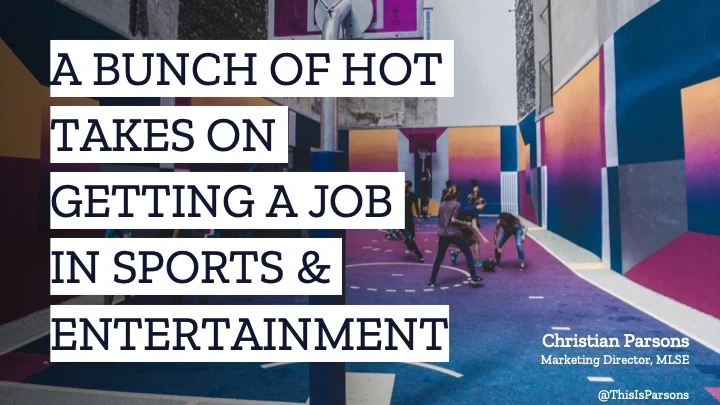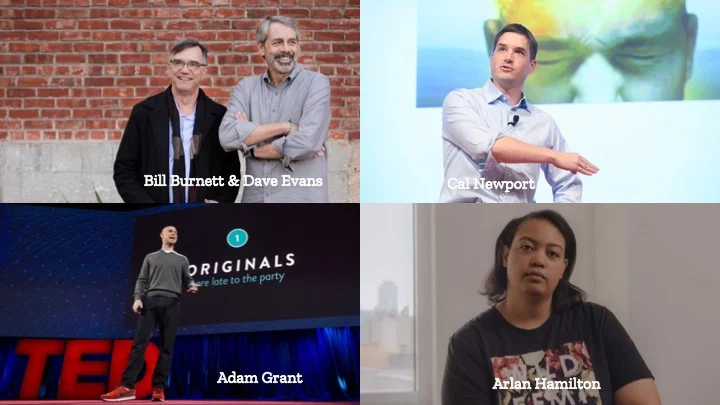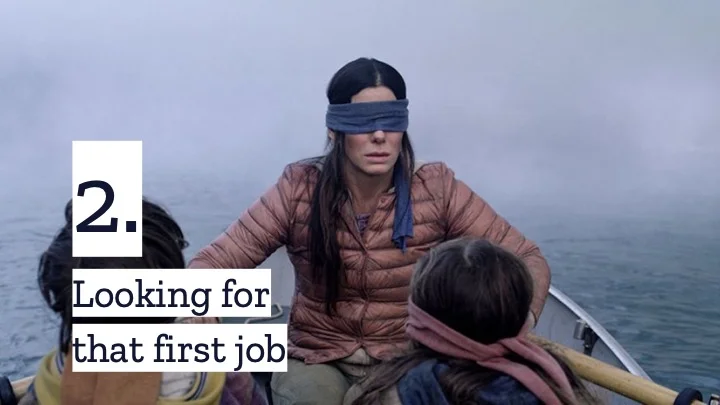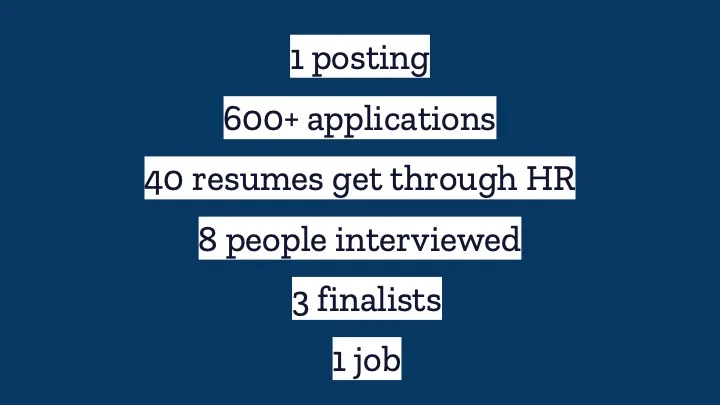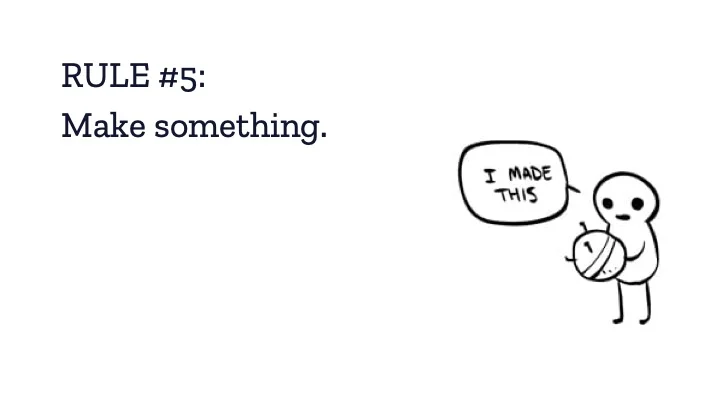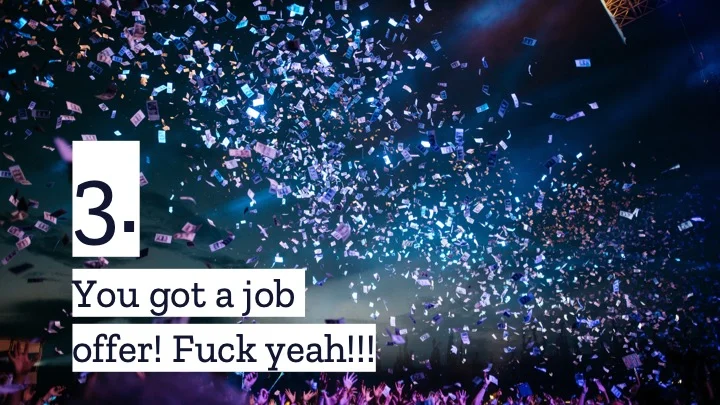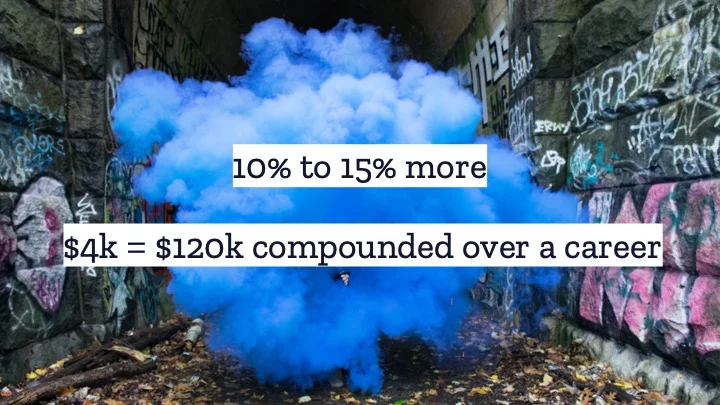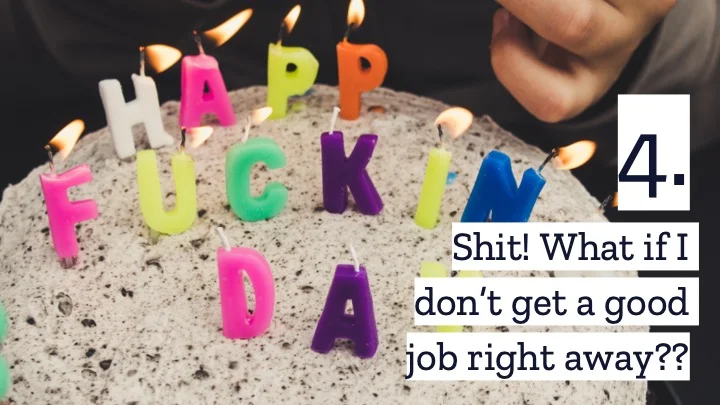Wisdom comes from the most unexepected places. In this case, it's from a resignation letter. Seriously. Most people keep to a straightforward template when resigning. Not Sam Hinkie.
Sam Hinkie was the General Manager of the Philedelphia 76ers basketball club from 2013 to 2016. He is one of the original crew in the NBA to pioneer and advocate for the use of advanced statistics in basketball. But more than that, he was someone who was looking to build a championship culture. And in 2016, he resigned from his job. He planted the seeds for a championship contender, but left without ever seeing that tree bear fruit.
Working at an organization - albeit in marketing - during the championship run with the Toronto Raptors, I recognize that sports are different from other businesses. Especially from the front office side. They are charged with one goal - win a championship. You do that by winning games. And to win games, you have to take those wins from your direct competitors. There is no win-win for the front office in sports management. In the NBA, there is only one team that gets to hoist a championship trophy at the end of the year. The other 29 go home disappointed. Second place doesn't mean shit. Trying hard doesn't mean shit.
So back to Sam Hinkie. And building a culture to chase a championship.
He blesses us by sharing some of that knowledge in his resignation letter. The letter his packed with a density of insight far exceeding what I normally read. Each time I am drawn into this 7,000 word masterpiece, I pull out something different. There is just so much packed into it. And not just the widsom. The writing style. The use of historical references. All of it.
In an effort to share, here are five lessons that I pulled from it:
1/ QUESTION IF IT MAKES SENSE TO RESPOND TO CRITICISM
As humans, our default programming is to repond to citicism. It makes sense. For social animals, being able to adapt and change to get along with the group has been instrumental to our survival. Criticism causes us to pause, reflect and respond. To become defensive to prove out that we are right. To dominate as the top of the social hierarchy. Or to concede and adopt a new norm. It's almost an automatic process. The response becomes a habit.
But how often do we pause to consider the benefit versus the cost of responding to criticism?
"We often chose not to defend ourselves against much of the criticism, largely in an effort to stay true to the ideal of having the longest view in the room. To attempt to convince other that our actions are just will serve to paint us in a different light to some of our competitors as progressives worth emulating instead of adversaries worth of their disdain."
What was the benefit of responding to criticism? To prop up your ego? To make sure you're known as "right" in the columns of sports bloggers and fans? Maybe.
What was the cost of responding to criticism? Your argument might be compelling enough that other teams want to copy you. You erode your competitive advantage. Given the zero-sum nature of the NBA, that doesn't seem like a good idea.
Pause to consider the value of responding. If the expected net response is positive, than do it. If not, why invest resources in a response? The math doesn't add up.
2/ THE IMPORTANCE OF INTELLECTUAL HUMILITY
Lifelong learning is where it’s at. To walk down that path requires a deep-seated humility about a) what’s knowable, and b) what each of us know. We hire for this aggressively. We celebrate this internally. And we’ve been known to punish when we find it woefully lacking. We talk a great deal about being curious, not critical. About asking the question until you understand something truly. About not being afraid to ask the obvious question that everyone else seems to know the answer to. And about the willingness to say three simple words, “I don’t know.”
Be comfortable not knowing. Be comfortable being wrong. Be comfortable changing your mind in the face of new information.
3/ THE LONGEST VIEW IN THE ROOM
Jeff Bezos says that if Amazon has a good quarter it’s because of work they did 3, 4, 5 years ago—not because they did a good job that quarter. Today’s league-leading Golden State Warriors acquired Draymond Green, Andrew Bogut, and Klay Thompson almost 4 years ago, nearly 4 years ago exactly, and almost 5 years ago. In this league, the long view picks at the lock of mediocrity.
The results of what you are doing today are not soley based on you showing up this morning. They're the compounded effects of the experience gained and investments made over the past decade. The people that you know. The way that you communicate. The systems you adhere to. The bad habits that you've kicked. It's easy to think that today was a result of your motivation today or that tomorrow is a results of the 24 hours that preceeded it.
But those who put in the work over the long term are those with the most in the bank from which to draw from.
More practically, to take the long view has an unintuitive advantage built in—fewer competitors. Here’s Warren Buffett in the late 80s on this topic: “In any sort of a contest—financial, mental, or physical—it’s an enormous advantage to have opponents who have been taught that it's useless to even try.” Ask who wants to trade for an in-his-prime Kevin Garnett and 30 hands will go up. Ask who planned for it three or four years in advance and Danny Ainge is nearly alone. Same for Daryl Morey in Houston trading for James Harden.
The long view has an amazing advantage - because most people do not plan long term, you have less competition. If you can't be the best right now, could you be the best over the next year? The next decade? Be willing to plan for the long view and you'll be miles ahead of the competition when they start paying attention.
4/ TOLERANCE FOR UNCERTAINTY
In some decisions, the uncertainties are savage. You have to find a way to get comfortable with that range of outcomes. If you can’t, you’re forced to live with many fewer options to choose amongst which leads over the long term to lesser and lesser outcomes. The illusion of control is an opiate, though. Nonetheless, it is annoyingly necessary to get comfortable with many grades of maybe.
A tolerance for uncertainty is critical to making rational decisions over the long term. If can't tolerate uncertainty, you limit your options. If you only want guaranteed returns, you're limited to bonds and GICs. If you want to double the return on your money, you can buy an index fund. Is there more risk? Absolutley. But if your goal is to grow your investments to double your investment, an inability to deal with uncertainty will cause this to take an extra 21 years.
To be comfortable with uncertainty is to be comfortable with the possibility of failure. With losing. With ending another season without a championship. It's easy when the game you're playing is binary - there is only one winner. Everyone else loses. But when there is a range of outcomes, it becomes tougher to calculate. And add on top of that, the fact that the Loss Aversion Bias seems to be programmed into the majority of humanity, it's a lot to process.
But that's why it can be a competitive advantage. Precisely becaust most people don't have this tolerance. Zig when most people zag.
5/ BE LONG SCIENCE
Science is about predictions. Understanding the world until you can make a prediction about what will happen next. If you’re not sure, test it. Measure it. Do it again. See if it repeats. For the Sixers, this has meant efforts like tracking every shot in every gym where we shoot, making predictions in writing about what we think will happen with a player or a team, and generally asking more questions about the game than some are comfortable to have said aloud.
Practice making predictions. Gather data. Track your success rate. I wrote last week about creating a system to track your decisions. Building a concrete practice of doing this will help you better understand the things that you can control, and those that you can't. Be constantly curious and question assumptions. Track as much as possible. Over the past three years, NBA teams have started to track everything about their athletes. They've blown past tracking shots in the gym to track sleep, recovery, blood samples and nutrition. All that work to improve their predictions of future performance.
How does this work in business? It helps you to better understand what variables you can control to optimize the tasks in front of you. Whether it be the deep work of building a long term strategy, the high energy relationship work of closing a sale or the emotionally intelligent work of managing your team. Practice predicting outcomes. Track the variables. Learn from the process.
--
I love the opportunity to nerd out on shit like this. About the principles that can have an outsized impact on our lives. Because the application is not just to business. Or sports. But the adjustments of these first principles allow us to better understand ourselves, how humans work and the world around us. It has the opportunity to impact relationships, the cities we choose to live in, our families, and how we invest our most precious resource - time.
- Christian



